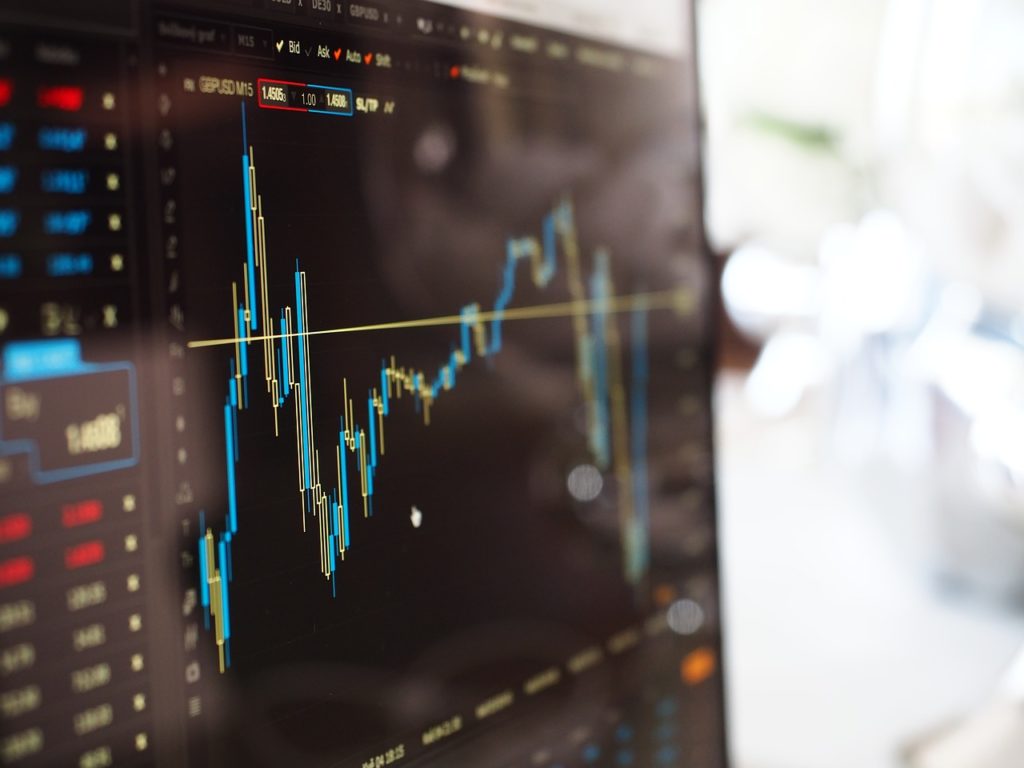Knowing When It’s Time to Get Out of the Stock Market
Fortunes are made and lost on the stock market by those brave – or foolish – enough to try their luck. Picking the right stocks, even with thorough research, is a gamble at best. Prices rise and fall based on reasons both concrete and intangible and are fueled heavily by speculation.
Being able to read the market for signs of a downturn can prevent you from losing your precious investment. Not selling at the right time can leave you with almost worthless stocks valued much less than what you may have originally paid for them.
Here are some things to consider to get the most out of your stock investments.
Recent Volatility in the Market
Investors have enjoyed a record year in 2017, with sharply rising stock prices and steady overall gains. Researchers and economists are predicting that the bubble will not last long due to the lack of sustainability. Strong deviations from the projected path the market is expected to take have led to crashes in the past, and another correction is anticipated.
As stated by International Brief, the Federal Reserve will be raising interest rates to compensate for the very minor upturn in the job market. Higher interest rates lead to less spending and slower growth for companies, usually leading to a decline in stock prices. The Federal Reserve has already committed to raising rates two more times in 2018, putting the bubble at risk of popping.
The Health of the Economy
The market isn’t necessarily dependent upon the health of the economy in its entirety. In fact, stock prices have been doing quite well since the Great Recession even though we have yet to fully recover in some areas. Rising interest rates and higher returns on bonds signify a healthy economy but may spell disaster for the prices of stocks.
Spending increases made by companies during a period of low interest rates are rarely sustainable once the rates go up. Aggressive or unpredictable rate increases by the Federal Reserve have a very significant negative impact on the market due to fear and uncertainty.
Lower interest rates promote investors to buy on margin, while borrowing the rest from a lender. Overuse of the margin buying system has led to market crashes in the past, including the Great Depression.
Political Pressures
The increasingly unpredictable nature of our leaders and policy makers is putting some strain on stock prices. Less confidence and certainty for the future of the market means fewer risks will be made, leading to less volatility – which is this case, means a return to the mean. Talks of a trade war with our global partners threatens the profits of American industries, which could lead to a plummeting market. Nervous or scared investors are reluctant to buy, and more likely to sell, which leads to a dip in the markets. Political unrest along with rising interest rates may be the driving force that kills the bull.
Years of heavy investing, wild speculation, and overvaluation have led to the huge peak in stock prices we have today. Many of the top investors and economists predict that rising interest rates, a slowly recovering economy and the least predictable White House in history will lead to a sharp decline in the market soon.

